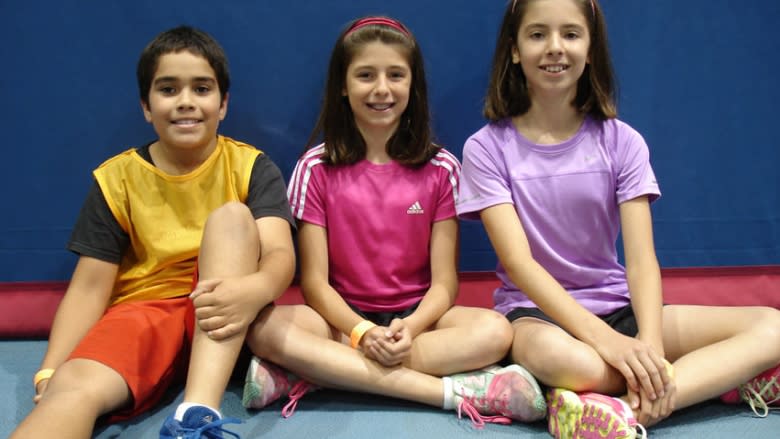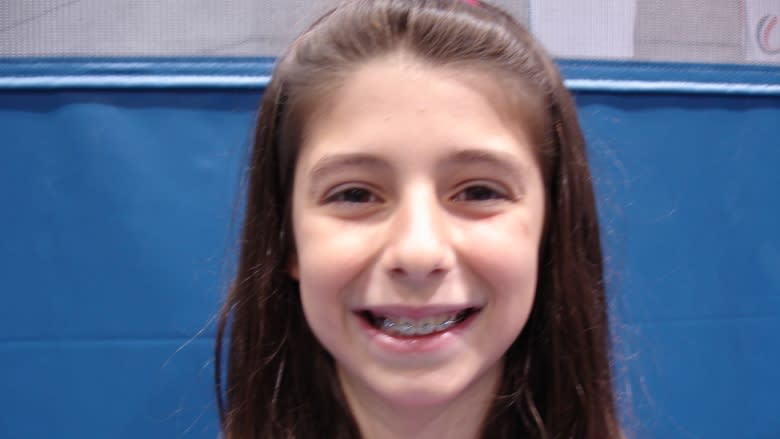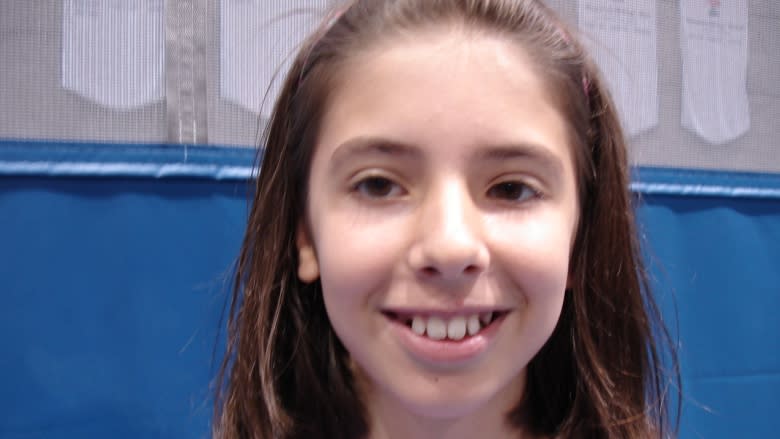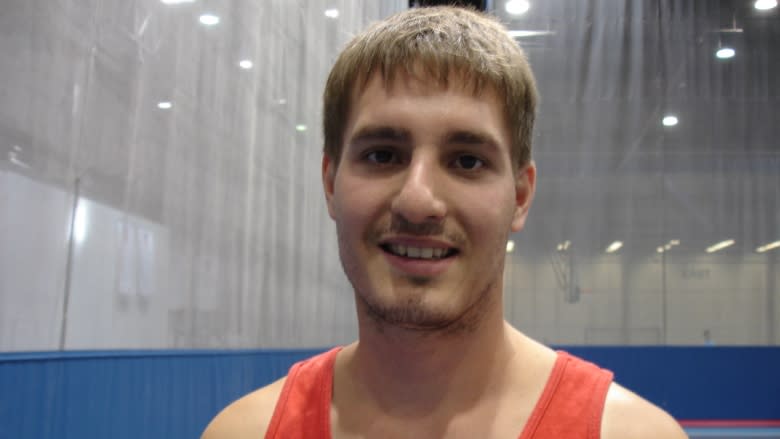Don't overengineer kids' spontaneous play, children's organizations say
Hanging from a tree, skipping stones and learning to ride a bike with no hands are the kinds of things many of us learned to do as kids during long summers that seemed to last forever.
Today, many kids are so overscheduled or tied to their electronic devices, researchers say, that they are less likely than previous generations to spend time in spontaneous, unplanned play.
In fact, that’s why national non-profit ParticipACTION came up with a list of unstructured activities they say every child should do before the age of 12.
It's back to school for most kids this week, but ParticipACTION's list of unstructured activities is applicable all year long, and especially as kids return to their heavily scheduled routines in the school year.
Katherine Janson, a spokesperson for ParticipACTION, says developed countries depend too much on schools and programs for “play infrastructure” rather than the spontaneous play that tends to happen in less developed countries.
In a study from the national charitable research organization Active Healthy Kids Canada, researchers said that children in countries like Mozambique, Kenya and Nigeria scored the highest marks for active play and overall physical activity, while children in wealthier countries such as Canada, Australia, Ireland, the U.S. and Scotland ranked near the bottom.
The study says that Canadian parents have “engineered opportunities for spontaneous movement (such as getting to places on foot and playing outdoors) out of our kids’ daily lives, and have tried to compensate with organized activities such as dance recitals, soccer leagues and PE classes rather than being given the time to walk to school or to the store.”
Letting kids be creative, brave
Camp U of T, part of the Faculty of Kinesiology and Physical Education at the University of Toronto, offers programs aimed at promoting a healthy, active lifestyle among its young campers.
“It's important that our children are put in situations where they have to become creative thinkers, take risks, problem-solve,” says camp co-ordinator Jordan Frost. “And be brave, absolutely.”
Frost says some of the kids he sees at the camp are less active than he remembers being as a child. He says children need experiences that take them out of their comfort zone — the kind of play that is more likely to happen outside of organized activities, when children are left to devise their own games.
Campers talk about spontaneous play
"I've created an obstacle course in my backyard. My deck is about a metre off the ground. To start, you jump off that, and then you run around my shed three times. And then you have to run away from my dog while she tries to chase you and making you trip."
- Nathan Arasakrishnan, 10
"Once at my friend's cottage, my sister and I decided to go look for an acorn in the forest, and at one point I think we got lost. My sister before we left collected a bunch of stones that would stand out, and she made a trail so we would know when we got back."
- Lauren Altomare, 10
"I have experienced total weightlessness at the top of a swing, hung upside down from a tree limb. I could see the whole park upside down, the feeling of like, a bit scared and happy."
- Micol Altomare, 11
"I remember a lot of things from this list. I can do a canoe one as well. Me and my friend were in a canoe when we were 11, I'm going to say. We were quite strong canoeers and we got into white water rapids, but we were definitely not trained to. So we hit a huge rock and we were stuck and we were actually backwards, so after staying there and debating for a few minutes which felt like hours, we pushed off and we went backwards for most of the way and we somehow managed to turn that canoe around. I have no idea how we did it, but I'm so happy we did it. It was scary, it was thrilling, we were nervous but it was also one of my favourite moments of my childhood.
Those moments, as a camp counsellor and a physical educator, it's important that our children are put in situations where they have have to become creative thinkers, take risks, problem-solve."
- Jordan Frost, 23, Camp U of T co-ordinator






